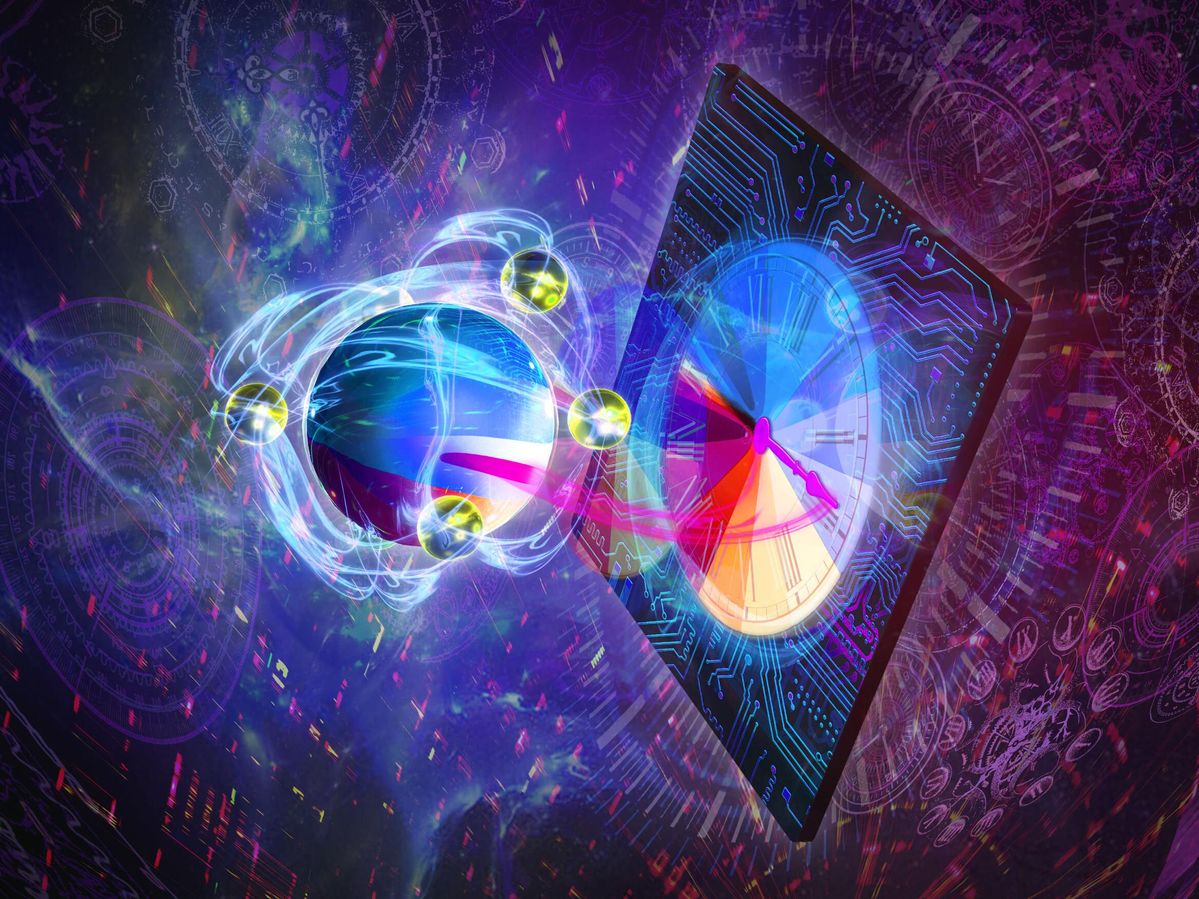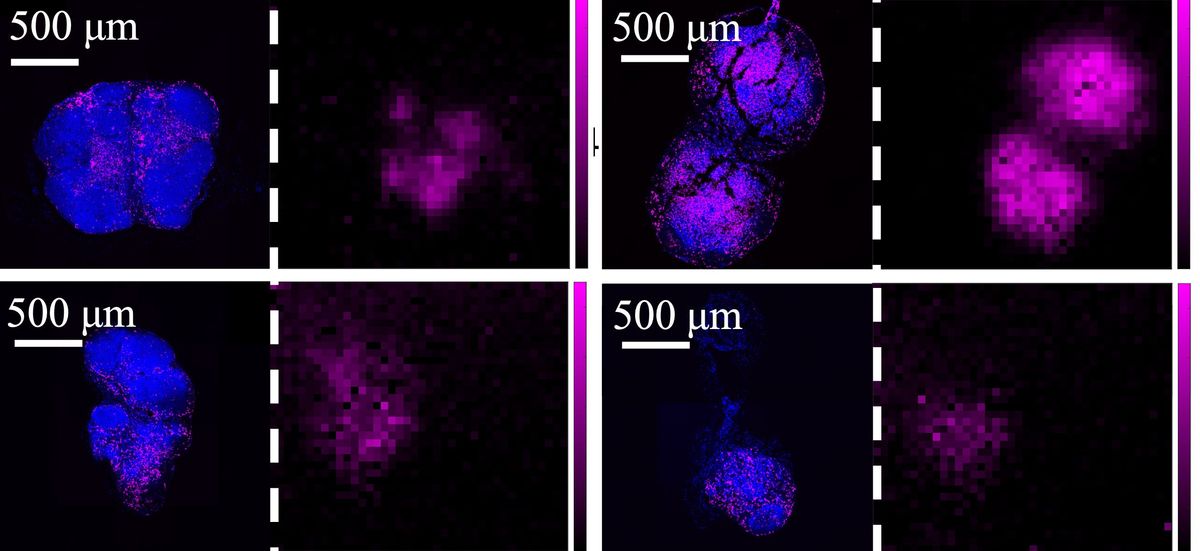Quantum sensors promise new levels of accuracy. Now researchers in Austria have developed what they say is the first programmable quantum sensor, a device capable of an unprecedented level of sensitivity operating near the fundamental limits imposed by the laws of quantum mechanics.
Quantum technology relies on quantum effects that can emerge based on how the universe becomes a fuzzy place at its very smallest levels. For instance, the quantum effect known as superposition allows atoms and other building blocks of the cosmos to essentially spin in two opposite directions at the same time or exist in two or more places simultaneously. By placing many components known as qubits into superposition and linking them via a quantum-mechanical phenomenon known as entanglement, a quantum computer can in theory perform a mind-boggling number of computations at once.
Quantum computers and other quantum technology are notoriously very fragile to any outside interference. Yet, quantum sensors capitalize on this vulnerability to achieve exceptional sensitivity to the smallest disturbances to the environment, and have many potential applications in medicine, nanotechnology, telecommunications, and satellite navigation.
In the new study, researchers sought to bring recent advances made in quantum computing to improve quantum sensing. Their experiments involved quantum circuits made of up to 26 qubits, each consisting of an electrically trapped calcium ion.
The new technique adopted a hybrid approach in which each quantum circuit was partnered with a classical supercomputer. The scientists programmed this platform to run a variational quantum algorithm that sought the optimal solution to a problem—in this case, the best settings of the quantum circuit with which to measure the states of the qubits.
In experiments, the scientists found their programmable quantum sensor could optimize itself enough to approach the fundamental sensing limit up to a factor of about 1.45. (The ultimate sensing limit is a factor of 1; the more a sensor approaches this limit, the better its performance.)
Surprisingly, the sensor got “exceedingly close” to estimates of its best performance despite noise in the system, says study lead author Christian Marciniak, a physicist at the University of Innsbruck, in Austria. “This shows how robust the scheme is, which makes us quite hopeful about its practical uses in many scenarios,” he says. “It can actually work in realistic settings; provide tangible benefits under real-world conditions.”
The most immediate applications of this new work involve sensors dealing with trapped ions, including devices such as atomic clock and global positioning systems, as well as magnetic and inertial sensors. For example, this new technique could improve the measurement resolution of magnetometers, for “more accurate diagnostics,” Marciniak says.
Similarly, improved atomic clocks may lead “to a higher position-precision of GPS,” Marciniak adds. “Likewise, maybe a measurement has no constraints on space but maybe does on time. Getting to the same precision in a shorter time could mean that you can do the same work in shorter time or reduce someone’s time they are stuck in a diagnostic machine.”
Ultimately, this new technique may help improve many other kinds of sensor hardware platforms, Marciniak notes. Incorporating more and more entangled particles into this new class of programmable quantum sensors may then result in a “quantum advantage” over previous devices, the researchers say.
The scientists detailed their findings online 23 March in the journal Nature.
- Single-Atom Sensor Offers New View of the Nanoscale - IEEE ... ›
- Measuring Tiny Magnetic Fields With an Intelligent Quantum Sensor ... ›
- New Quantum Sensor Sees Beneath the Beneath - IEEE Spectrum ›
- Entangling Quantum Sensors Can Triple Accuracy - IEEE Spectrum ›
Charles Q. Choi is a science reporter who contributes regularly to IEEE Spectrum. He has written for Scientific American, The New York Times, Wired, and Science, among others.



